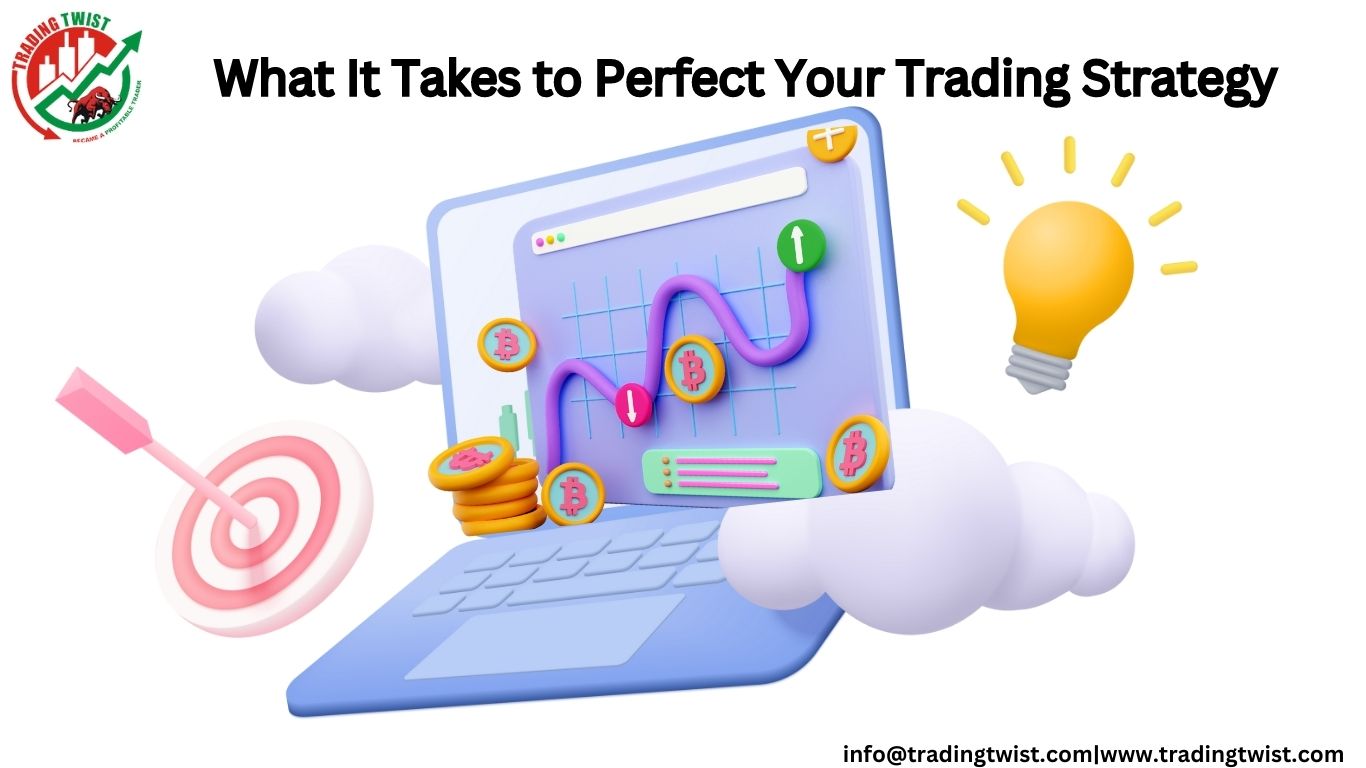
Before developing a trading strategy, it is essential to define your goals and objectives. This means taking a closer look at various factors that can influence your trading decisions, such as your risk tolerance, investment capital, and time horizon.
Firstly, you need to determine your risk tolerance. This refers to the level of risk you are willing to take on in your trading activities. Are you comfortable with taking on high levels of risk in exchange for potentially higher returns, or do you prefer to take a more conservative approach and focus on lower-risk investments?
Secondly, you need to consider your investment capital. This is the amount of money you are willing to invest in trading. Your investment capital can significantly impact the type of trades you make and the level of risk you are willing to take on.
Thirdly, it is essential to determine your time horizon. This refers to the length of time you plan to hold onto your investments before selling them. For instance, if you are a long-term investor, you may be more inclined to focus on stocks or other assets that are likely to appreciate in value over time.
In addition to these factors, it is also important to consider the financial goals you hope to achieve through trading. This can include building wealth, generating passive income, or achieving financial independence.
Identify the factors that influence your trading decisions
Successful traders are those who are able to identify the factors that influence their trading decisions. This includes understanding market trends, economic indicators, and geopolitical events that may impact trading. Additionally, traders should consider their own emotions, biases, and risk tolerance when making trading decisions. By understanding these factors, traders can make more informed decisions and minimize the impact of emotional or impulsive decisions.
Develop a trading plan that takes into account your objectives and factors
Once you’ve defined your goals and identified the factors that influence your trading decisions, it’s time to develop a trading plan that takes into account your objectives and factors. This plan should include your entry and exit strategies, risk management techniques, and other trading rules. It’s important to have a well-defined trading plan that you can follow consistently and to adjust as needed based on your trading performance and changing market conditions.
Monitor your trading performance and adjust your plan as needed
To be successful in trading, it is crucial to have a well-planned strategy that is continuously adjusted based on your performance. One of the most effective ways to do this is by maintaining a trading journal. A trading journal is a record-keeping tool that allows you to track and analyze your trading activities, including your wins and losses, trading frequency, risk management, and trading goals.
Keeping a trading journal enables you to gain insights into your trading performance, identify patterns in your trading behavior, and recognize areas where you need to improve. By recording your trades and performance metrics such as win/loss ratios, average profits and losses, and other key metrics, you can analyze the data to see what is working well and what needs to be improved.
Regularly reviewing your trading performance helps you to understand what is causing your success or failure. It allows you to identify any mistakes or issues in your trading, such as taking on too much risk or not sticking to your trading plan, and make the necessary adjustments to avoid repeating them in the future.
Stick to your trading plan and continue to improve your trading strategy
The key to perfecting your trading strategy is to have discipline, patience, and a commitment to continuous learning and improvement. Sticking to your trading plan is crucial to achieving long-term success in the markets. It’s important to avoid impulsive or emotional decisions and to remain consistent with your trading plan. By doing so, you can minimize the impact of any negative trading habits or behaviors and increase your chances of success.
However, it’s also important to continuously learn and improve your trading strategy. This includes staying up-to-date with market news and trends, reviewing your trading journal regularly, and seeking feedback from other traders or mentors. By doing so, you can identify areas where you need to improve and adjust your trading plan accordingly.
Adapting to changing market conditions is also crucial to staying ahead of the curve. Markets can be volatile and unpredictable, and successful traders are those who are able to adapt their strategies to changing market conditions. By continuously learning and improving your trading strategy, you can identify new opportunities and stay ahead of the competition.








